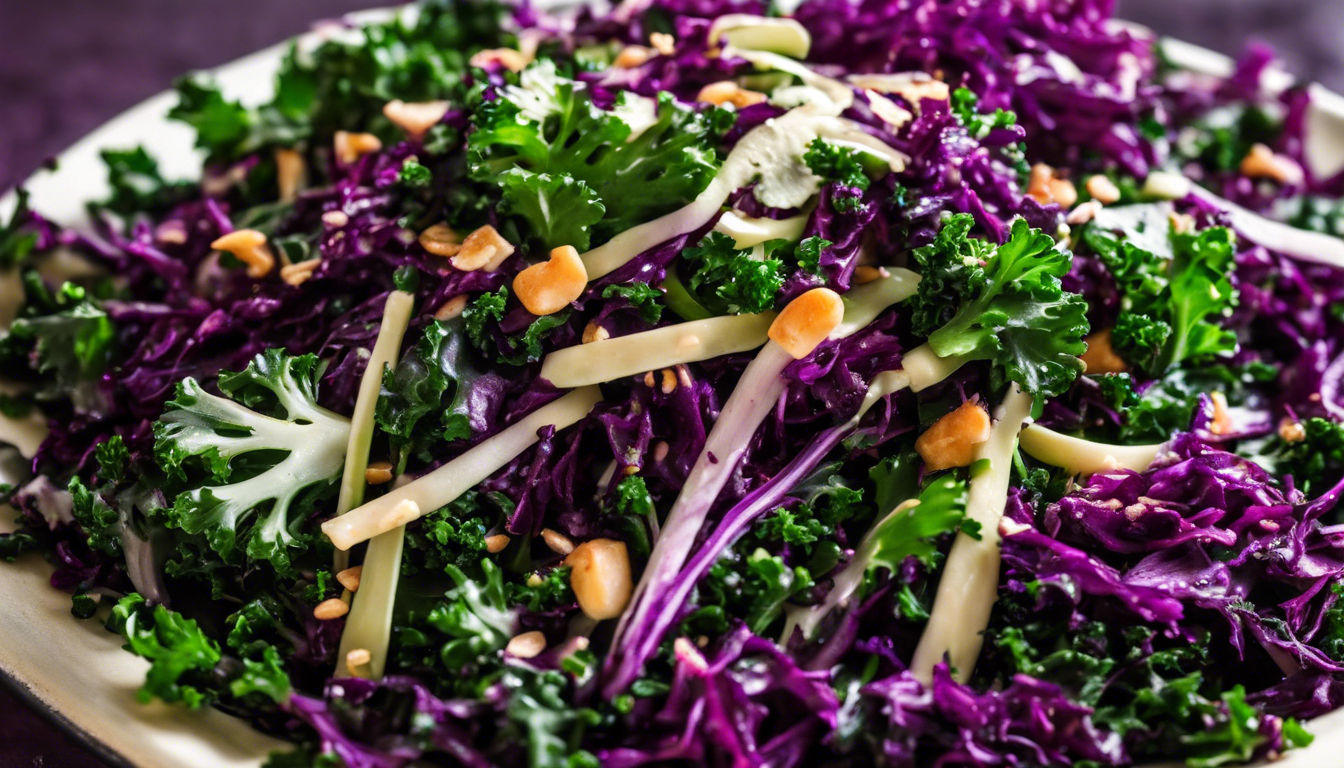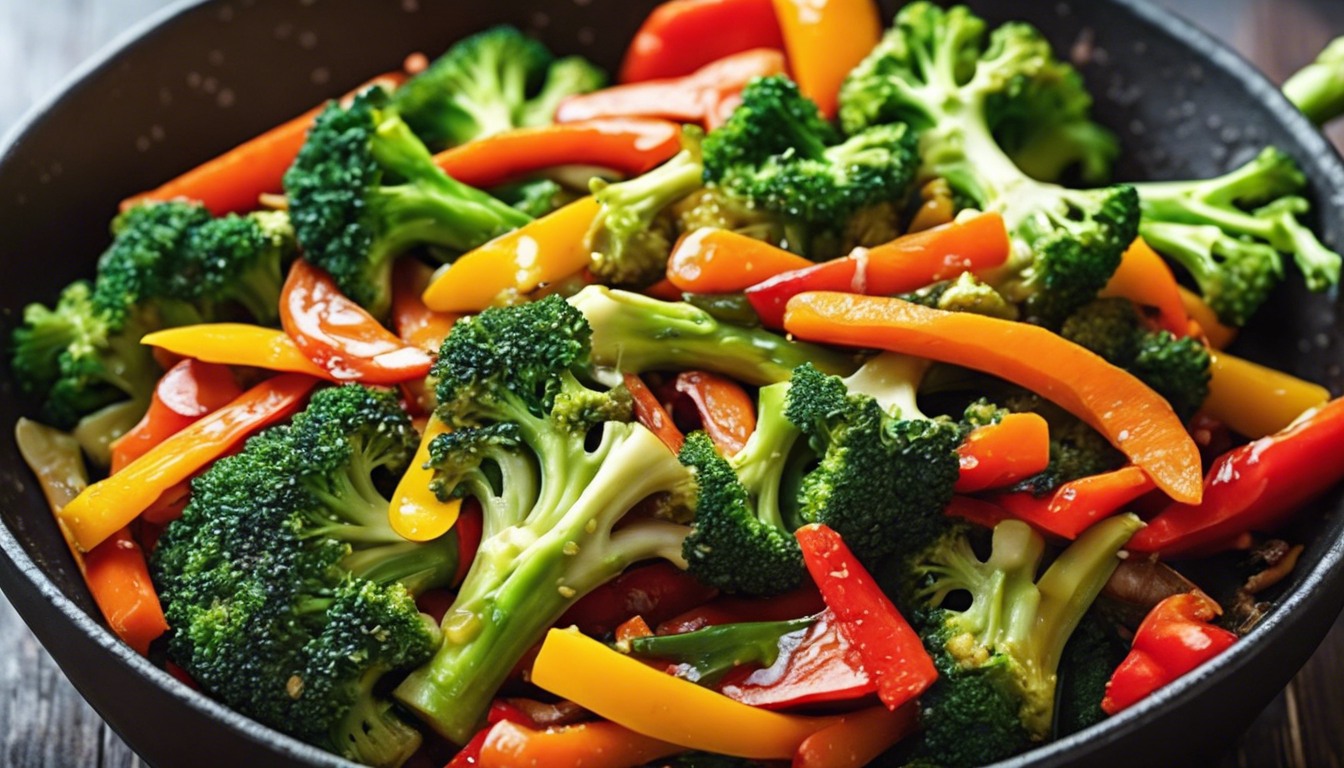
The connection between vegan diets and sleep
Have you ever pondered the magic behind a restful slumber? Does your diet play a sleep-inducing maestro or a bothersome noise-maker when it is time to hit the hay? Well, when you wade into the plant-based pool, you stir up quite the discussion on the vegan diet’s role in sleep quality. Vegans and sleep aficionados alike, it is time to dive deep into the realms of greens and dreams!
As tempting as it is to believe that a vegan diet either magically leads to better sleep or, on the contrary, causes restless nights, the science tells a complex tale that deserves a closer peek. Ponder the cornucopia of fruits, veggies, legumes, and whole grains that make up the vegan plate; these are not just Instagram-worthy meal options but a symphony of vitamins, minerals, and compounds that can influence your journey to the land of Nod.
So, what’s the deal with the direct line – or the lack thereof – between plant-based munching and catching Z’s? Popular belief may suggest that because vegans typically consume less saturated fat and cholesterol, their diet might be inherently more sleep-promoting thanks to the lighter load on the digestive system. And there could be a kernel of truth here. However, a plant-powered diet can also be low in certain nutrients that are VIPs to the sleep party, like Vitamin B12 and iron, potentially leading to sleep disturbances if not properly balanced.
It’s a delicate balance between the absence of certain sleep-hindering components in animal products and the essential presence of sleep-friendly nutrients in a well-rounded vegan diet.
Indeed, diving into the world of plant-based eating isn’t just about the ingredients you put on your plate. It’s also about how those ingredients conspire with your body’s chemistry to turn your bedside countdown into sweet, undisturbed slumber. Research has tossed up connections hinting at how a vegan diet might contribute to better sleep, primarily by promoting gut health and reducing inflammation – two accomplices often involved in sleep disturbances. On the flip side, some studies suggest that overly restrictive vegan diets can backfire and disrupt sleep patterns due to nutritional deficiencies.
Before you rush to foretell your sleep future based on your last salad, remember that individual responses to a vegan diet are as varied as the shades of vegetables at a farmers’ market. There’s no one-size-fits-all when it comes to diet and sleep, but rather a personalized patchwork of gastro choices tailored to each person’s needs, lifestyle, and, of course, bedtime rituals.
So, do plant munchers revel in better sleep, or is tossing and turning the name of the game? The veggie-loaded plot thickens, while we uncloak the connection, piece by leafy piece. Stay curious, friends – your pillow might just have some green secrets to share!
Debunking common myths about vegans and rest
When it comes to the land of myths and whispers, few topics get tongues wagging like the idea of a vegan diet and its effects on our nightly rest. Let’s turn the spotlight on some of the most popular sleep-related vegan myths and lay them out for a fact-checking session.
Myth 1: Vegans don’t get enough tryptophan for good sleep.
The amino acid tryptophan is often associated with sleep because it is a precursor to serotonin, which in turn is converted into the sleep hormone melatonin. The myth here is thinking that the only sources of tryptophan are animal products like turkey or dairy. In reality, vegans can source tryptophan from many plant-based foods including nuts, seeds, tofu, and oats. So, this sleepy-time amino acid isn’t just wandering through pastures; it’s also sprouting up in veggie gardens!
Myth 2: Without dairy, vegans lack calcium, crucial for sleep.
Many see dairy as a go-to source for calcium, which does play a role in deep REM sleep. However, the notion that vegans are wandering in a calcium desert is rather dusty. Plant-based buddies like kale, almonds, and fortified plant milks provide a hearty dose of calcium. So, fear not, the land of nod is still within reach without the cow’s contribution.
Myth 3: A vegan diet is too high in carbohydrates and that disrupts sleep.
People often ponder carbs will leave you wired, but complex carbs from plant sources can actually assist in transporting that tryptophan to the brain to usher in sleep. Bedtime snacks like whole grain toast or a small bowl of oatmeal may provide just the gentle nudge needed for a quicker trip to dreamland.
Myth 4: Vegans must be sleep-deprived due to constant hunger.
The image of a vegan hungrily eyeballing the clock all night could not be more caricatured. A satiating vegan diet is rich in fiber, which can add to the feeling of fullness and support a steady blood sugar level through the night. Foods like legumes, avocados, and sweet potatoes can help stave off midnight hunger pangs for anyone on Team Vegan.
Myth 5: Plant-based diets are so restrictive that they cause anxiety, affecting sleep.
While it’s true that a significant shift in eating patterns can initially cause some stress, long-term vegans often report the opposite. Over time, many find that a diet aligned with their values, rich in varied whole foods, contributes to a sense of wellbeing—and that includes potentially less stress and anxiety around bedtime.
When we strip back the layers of myth, we see that the world of vegan sleeping arrangements isn’t fraught with doom and a cacophony of sheep counting. Quite the opposite, the vegan diet, if properly planned and inclusive of all essential nutrients, could just as well pilot a peaceful passage to the arms of Morpheus.
Remember how we mentioned the symphony of vitamins and compounds? We’ll next explore that orchestra and the nutritional components within your vegan plate that either play lullabies or sound alarms when the stars come out.

Nutritional factors in vegan diets that affect sleep
It is no secret that what we munch on by day could be serenading or sabotaging our nocturnal respite. For those of us on the green side of the grocery aisle, there are nutritional maestros to keep in tune with, as well as some potential pitfalls to avoid for the sake of our slumber.
Let’s start with the all-important vitamin B12. Ah, B12, often heralded as the elusive note in the vegan dietary scale. This vitamin is a powerhouse when it comes to supporting neurological function and, by extension, could play a part in regulating sleep patterns. Since B12 is naturally found in animal products, vegans must seek fortified foods or supplements to stay in harmony with their sleep.
Next up, we have iron. Plant-based iron, known as non-heme iron, can be trickier for the body to absorb compared to heme iron from animal products. A deficiency might lead to restless legs or insomnia, so pairing iron-rich foods like spinach and lentils with vitamin C-rich citrus can boost absorption. Vegan or not, that’s a culinary duet worth trying!
Here’s where it gets interesting: magnesium, a bona fide relaxation mineral, is abundant in many vegan-friendly foods like nuts, whole grains, and dark leafy greens. This nutrient helps to quiet the nervous system, laying the groundwork for improved sleep quality. So pile those greens high and sprinkle on the seeds!
Some vegan diets are laden with high-fiber foods, which is mostly a good thing. However, too much fiber close to bedtime may lead to some nocturnal tummy rumbles and trips to the bathroom, disrupting your date with the dream world. Like any good relationship, it’s all about timing.
What about fatty acids? Omega-3 and omega-6 are important for brain health, yet a vegan diet might not offer the ideal balance, potentially influencing mood and sleep. The solution? Well, flaxseeds, chia seeds, and walnuts are all excellent vegan sources of ALA (a type of omega-3), while hemp seeds can provide a good balance between omega-3 and omega-6.
Let’s not forget tryptophan. As a precursor to melatonin, it’s integral for a vegan diet to contain a solid lineup of tryptophan tunes. Good news, plant-eaters: sources such as pumpkin seeds, tofu, and oats are like nature’s chill pill, setting you up for a smoother sail to slumberland.
However, keeping track of these nutrients can feel like conducting a botanical orchestra. It requires mindfulness and perhaps a sprinkle of planning to ensure you are not missing out on these pivotal sleep-promoting notes. In the absence of meaty melodies, a vegan eater should be vigilant about the composition of their nocturnal nourishments.
In closing, the plant-based sleeper must not be a passive consumer but rather an informed maestro, harmonizing the right nutrients to secure that blissful symphony of sleep. The proof, as they say, is in the plant pudding!
Strategies for improving sleep quality on a vegan diet
Good sleep hygiene is like a soothing lullaby for your nightly rest, and even more so when you’re exclusively dining at the vegan table. No matter the diet, optimizing your sleep environment and habits should be a universal pursuit, but let’s sprinkle in some plant-based specific strategies for you, the vegan dreamer.
First things first, let’s talk dinner divas and midnight snacks. Lighter evening meals can be akin to a warm bath before bed – comforting and prepping your body for sleep. Fiber is your daytime friend, but go easy on it as the moon rises. An indigestible salad at 10 p.m.? No, thank you. Opt instead for a modest, easily digestible meal with a balance of complex carbs and protein – ponder a small serving of quinoa with roasted veggies.
Loyal to your legumes? Stick with them. Foods like chickpeas and lentils provide a sleep-supporting duo of protein and tryptophan, but remember to have them earlier if gas is an unwanted bedfellow. Some warm almond milk, naturally devoid of lactose battles but rich in magnesium, could be just the cosy companion you need as you curl up with a book before lights out.
Let’s not forget the role of supplements. If your doctor gives the nod, ponder a B12 or iron supplement to patch any potential nutrient potholes on your road to dreamland. But don’t self-prescribe – your body is a temple, not a science experiment.
Fixating on omega-3s? Flaxseed or chia seed oil capsules before bedtime can be golden for your restorative REM cycle. And for those sending out an SOS for magnesium, why not slip into a bath infused with Epsom salts? An external dose of this mineral can be just as serene as its edible counterpart.
Meditation and mindfulness practices can be particularly harmonious with a vegan lifestyle, cultivating calm and reducing stress before bedtime. Apps or classes that focus on guided meditations can be invaluable allies in your nightly unwind routine. Imagine a gentle waterfall of serenity washing away the day – inhale tranquility, exhale tension. It can be your secret sleep weapon.
Exercise, too, deserves a hearty round of applause. A daily dose of movement, whether it’s a brisk walk in nature or a sweaty spin class, can help regulate your sleep cycles. Just be wary of high-energy routines close to bedtime that can leave you buzzing rather than snoozing.
Last but definitely not least, pay heed to the sleep sanctity of your bedroom. A cool, dark sanctuary with comfortable, breathable bedding can make all the difference. Invest in blackout curtains and perhaps add some indoor plants to purify the air and add that touch of calming greenery you so enjoy on your plate.
Implement these strategies with patience and consistency, and you’ll be crafting the perfect recipe for a rejuvenating night’s rest. Playing chef to your own sleep menu means experimenting with what tantalizes your own taste for tranquility. May your vegan voyage to the land of sleep be as nourishing as the food that fills your plant-loving heart (and stomach).